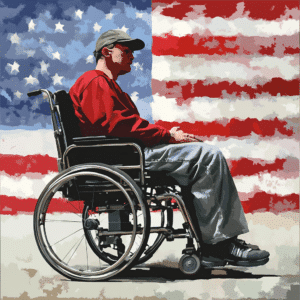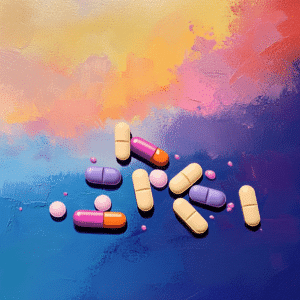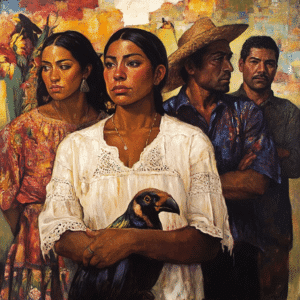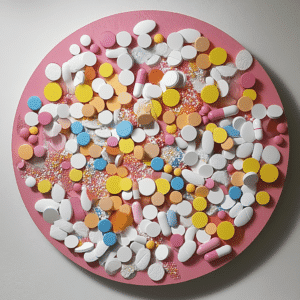The Impact of Influencers in Sobriety: A New Wave of Support
Influencers in sobriety are reshaping the conversation around addiction and recovery. With their strong online presence on platforms like Instagram, TikTok, and YouTube, they’re sparking a cultural shift toward understanding, empathy, and self-acceptance. Many of these individuals have bravely shared their journeys through addiction, offering authentic insights into the challenges they faced and overcame. They’re not just telling their stories; they’re creating communities filled with hope and practical resources, guiding others through the rocky paths of recovery while tearing down the stigma associated with addiction.
For parents of children struggling with addiction, these influencers provide a lifeline. Access to real-life experiences and support fosters a sense of connection and understanding. This new wave of influencers in sobriety is vital in breaking the silence surrounding addiction and emphasizing the importance of community. When parents see these journeys unfold publicly, it can both encourage and offer invaluable lessons when dealing with their loved ones’ struggles.
The isolation often felt by families facing addiction is lessened by these openly shared experiences. No longer do families have to endure their feelings of loneliness; they can find strength in numbers, comfort in shared stories, and resilience through community. This transformative approach brings promises of healing to many who may feel at their wit’s end.
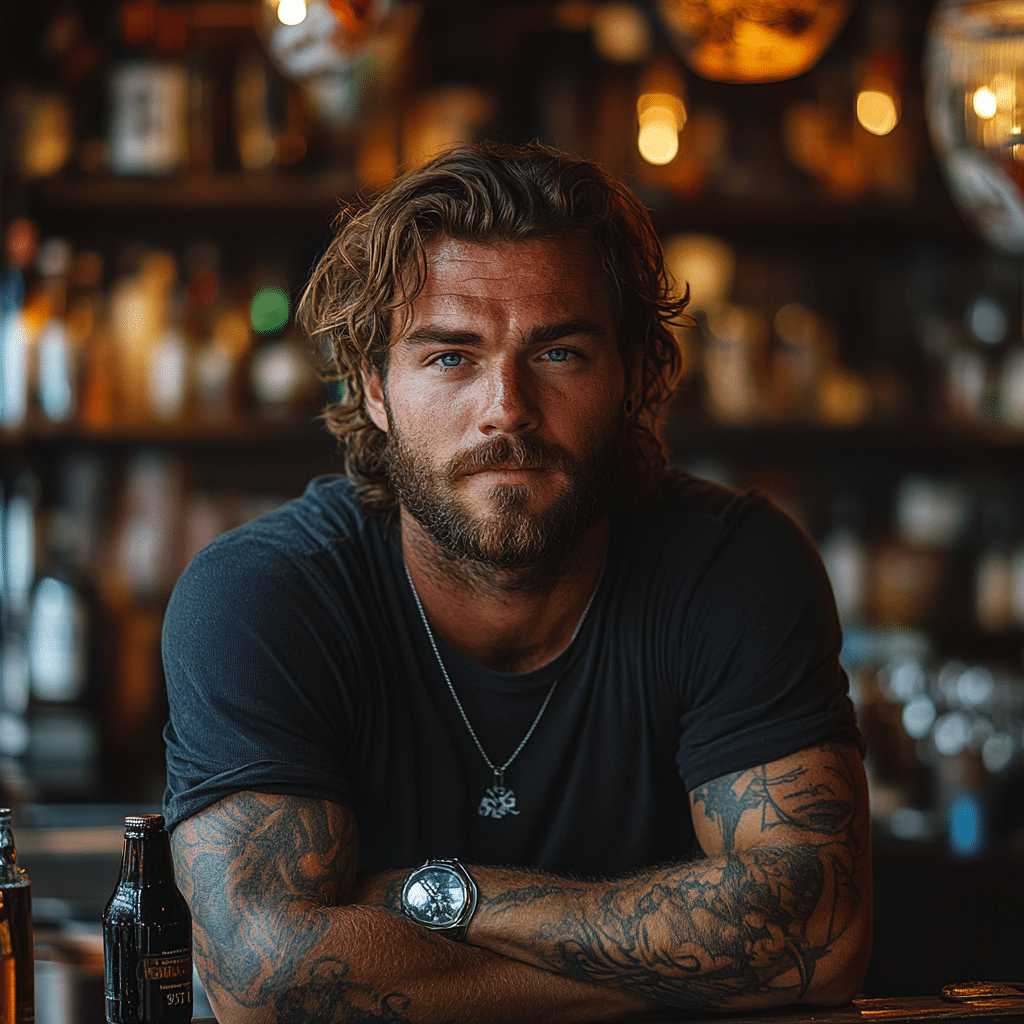
Top 7 Influencers in Sobriety Who Are Changing Lives
Demi’s battle with addiction has been a profound one. By discussing their struggles openly, they’ve ignited conversations about mental health and the necessity of seeking help. With initiatives from collaborations with the Mental Health Coalition, Demi’s advocacy underlines the crucial role community support plays in sobriety.
The founder of the Body Image Movement, Taryn promotes self-love and body positivity. Her focus on mental health and her personal recovery journey empower others to accept their imperfections. Taryn actively encourages prioritizing mental wellness, showcasing that loving oneself is a key component in recovery.
A notable personality in the recovery community, Tyler shares daily insights about sobriety on Instagram. His honest, humorous take resonates with many facing similar struggles. Through his initiative, SoberLif3, he provides resources and fosters a supportive community for recovering individuals.
Not just an actress, Danielle utilizes her platform to shed light on addiction. She tackles societal factors that contribute to substance use and advocates for a holistic approach to recovery. Her openness about her journey encourages others to confront and understand their battles.
A key figure in the sober-curious movement, Richie combines lifestyle content with sobriety advocacy. He offers practical advice on navigating social scenes without alcohol, empowering his audience to prioritize their health and well-being. Richie’s ability to connect with millennials and Gen Z resonates deeply as they embrace a non-drinking culture.
The Blink-182 bassist has experienced both cancer and addiction, sharing his journey transparently online. Mark’s candidness about his struggles resonates with his fans. His influence serves as a reminder that recovery is possible and can inspire others to seek help.
Known for infusing humor into serious discussions, Hannah addresses her sobriety in a relatable manner. Her YouTube channel enriches conversations about mental health and recovery, educating her audience while prompting laughs along the way. Her journey demonstrates that healing can be balanced with joy.
The Transformational Power of Community in Sobriety
The connections fostered by influencers in sobriety create supportive communities where members feel they belong. These influencers build networks through social media, empowering individuals to share their stories and seek encouragement. Platforms like Instagram and TikTok have turned into vital tools in recovery, reinforcing the notion that no one walks this path alone.
Feeling connected can greatly impact one’s emotional well-being during recovery. The ability to lean on a community that understands shared challenges offers profound comfort. It fosters accountability and shines a light on the idea that recovery is not just an individual journey but a collective effort.
Moreover, community interaction can aid in decreasing feelings of shame and isolation. Parents can find like-minded groups that support their children in their recovery processes, reassuring them that they are not alone in their struggles. Sharing these experiences can bring healing, fostering resilience for both children and parents.

Analysis of Sobriety Messaging: Challenges and Triumphs
As the trend of influencers in sobriety continues to grow, recognizing the hurdles they face is equally important. Misunderstandings about addiction lead to stigmatizing comments and sensationalism. Critics often question the authenticity of these influencers, wondering if they genuinely comprehend the depths of addiction or are merely utilizing it for social media attention.
Yet, the vulnerability shown by many influencers shines through their narratives. By sharing raw moments of hardship along with small triumphs, they create genuine connections with their followers. This authenticity resonates deeply, increasing awareness and fostering compassion across diverse demographics.
Furthermore, their messages play a crucial role in promoting education about addiction. Influencers in sobriety help destigmatize conversations, pushing back against misconceptions while encouraging healthy dialogues about addiction and recovery. This results in a society that demonstrates compassion rather than judgment.
Empowering Change Through Influencer Advocacy
Influencers in sobriety symbolize a burgeoning movement that emphasizes mental health in our interconnected world. By opening discussions and sharing their experiences, they illuminate the complexities of addiction and the road to healing. Their influence extends well beyond social media, inspiring policy changes, endorsing charitable projects, and creating educational resources to help guide individuals on their journeys to recovery.
Backed by their communities, influencers lead a cultural shift toward recovery that prioritizes understanding and acceptance. This transformative space sends a powerful message: recovery is indeed possible and can be pursued collectively. Their influence encourages engagement with initiatives focused on mental health, such as Music And addiction recovery or celebrating Celebrities Overcoming addiction.
In 2024, it’s clear that sobriety influencers are not just changing lives; they’re igniting a movement grounded in hope, healing, and resilience. As their messages resonate further into the fabric of society, parents and families will find the support they desperately need amid the chaos of addiction. For those feeling lost, influencers remind everyone that they don’t have to tread the path of recovery alone. Through community and open conversation, there’s always a chance to renew and reclaim one’s life.
So remember, the next time you see an influencer in sobriety, take a moment to appreciate the powerful impact they have. Their stories, struggles, and triumphs are more than just social media posts; they’re filled with purpose, guiding others home to the light of recovery.
Influencers in Sobriety: Transforming Lives and Mindsets
The Power of Social Media
Influencers in sobriety are making waves, showing how one person’s journey can spark a movement. Did you know that social media can act as both a lifeline and a double-edged sword in addiction? While it connects people, it can also fuel unhealthy habits. Check out the insights on how social media and addiction play off each other to shape people’s relationships with substances. Many influencers capitalize on this dynamic, using their platform to share authentic stories that resonate with others grappling with similar struggles.
What’s fascinating is how these individuals set the stage for change, offering a wide berth for new viewpoints about sobriety. They create communities where followers feel supported, turning personal trials into collective triumphs. Just like in the finance world where understanding lending rates for mortgages can help families secure their future, comprehending the impact of sobriety influencers can bolster people’s mental health and overall well-being.
Inspiring Stories
Stories of recovery shared by influencers are not just tales; they’re transformations. For instance, some influencers have even tattooed their recovery dates, marking a new chapter in their lives that’s as memorable as the Popeyes logo is iconic. These visual representations serve as a continual reminder that every day is a chance to improve. Each post can be a beacon of hope, encouraging followers to see that life without dependencies is not only possible, but also fulfilling.
Interestingly, many influencers in sobriety have backgrounds that might surprise you. Some were once in deep circles, overshadowed by the darkness of addiction. Like an undercover operation you might find in a CIA sai Miami story, the narrative of these influencers reveals unexpected transitions, showcasing resilience and the human spirit’s capacity for change. With every shared post comes a dose of recovery wisdom, creating ripples that touch countless lives.
The Collective Impact
The rise of influencers in sobriety illustrates how role models can shift perspectives. They remind us that addiction doesn’t define one’s life path; it’s a chapter, not the entire book. In fact, statistics show that those engaged with sobriety influencers often report a greater sense of community and accountability. Just as building a strong financial base requires understanding different factors, embracing sobriety often hinges on support systems found through these engaging social platforms. It’s clear that these influencers are creating a positive wave of change, broadening the conversation about recovery.
With every share and tweet, they dismantle the stigma surrounding addiction, fostering an environment where healing is not only encouraged but celebrated. In a world that often seems bleak, influencers in sobriety bring a refreshing perspective, reminding us that transformation starts with one story at a time.

Who is the celebrity sobriety show?
Drew, later known as Rehab with Dr. Drew, is a reality TV show on VH1 that follows celebrities as they undergo treatment for addiction under Dr. Drew’s care.
What are the 4 pillars of sobriety?
The four pillars of sobriety are honesty, open-mindedness, willingness, and fellowship. These principles help support individuals in their recovery journey.
Is sobriety becoming trendy?
Yes, sobriety is definitely becoming trendy, especially among Gen Z and health-conscious folks who are finding new ways to socialize without alcohol, moving away from traditional drinking cultures.
What is the hardest month of sobriety?
The first month of sobriety is often the toughest. It’s a major life change, and your mind and body need time to adapt to being sober.
Who did Brad Pitt thank for his sobriety?
Brad Pitt thanked his friend and fellow actor, Charlie Sheen, for helping him find sobriety, highlighting the importance of support in recovery.
What female celebrity is in sober living right now?
As of now, actress Demi Lovato is in sober living, making headlines for her commitment to maintaining her sobriety journey.
What is the Colour for sobriety?
The color associated with sobriety is purple, often symbolizing healing and transformation in recovery.
What are the three legs of sobriety?
The three legs of sobriety typically refer to physical health, mental health, and spiritual health, which together support a balanced recovery.
What are the 12 principles of sobriety?
The 12 principles of sobriety can vary, but they often include concepts like acceptance, willingness, humility, and service to others, which guide individuals in their recovery process.
Why are Gen Z’s not drinking?
Gen Z is often skipping drinking because they’re more health-conscious and want to prioritize their well-being, leading to a shift in social norms.
How does sobriety change your face?
Sobriety can have an impact on your appearance, as many people notice clearer skin and a healthier glow after quitting alcohol.
Are sober people happier?
Sober people often report feeling happier over time, as they experience improved mental clarity and stronger relationships without the influence of substances.
What is the 6 month sobriety rule?
The six-month sobriety rule suggests that after six months of sobriety, many individuals have a better grasp on their recovery and may be able to manage social situations more easily.
What is the hardest stretch of sobriety?
The first few months can be a rough stretch in sobriety, where temptations and cravings are high, and emotional challenges are common.
Is depression common in sobriety?
Yes, depression can be common in sobriety, especially as people work through their feelings and past issues that may have been masked by alcohol or drugs.
What is the new show about recovering alcoholic?
The new show about recovering alcoholics is focused on the journey of individuals who are committed to staying sober and sharing their stories of recovery and hope.
Who from Celebrity Rehab has died?
From Celebrity Rehab, actor Mike Starr tragically passed away, highlighting the serious nature of addiction and its consequences.
How long is Patricia Heaton been sober?
Patricia Heaton has been sober for about 15 years now, maintaining her sobriety since the early 2000s.
Who appeared on Celebrity Rehab?
Celebrity Rehab featured several well-known names, including actors like Charlie Sheen and Lindsay Lohan, who shared their personal struggles with addiction on the show.






